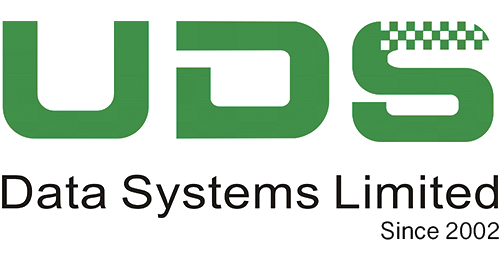Privacy Impact Assessment (PIA) is like shining a spotlight on how personally identifiable information (PII) is handled within a system or program. Here’s the breakdown:
- What Is It?: Imagine your organization launching a new project, system, or initiative. Before the digital ribbon-cutting ceremony, you conduct a PIA. It’s an analysis that examines how PII is collected, used, shared, and maintained throughout the lifecycle of that endeavor.
- Why Bother?:
- Privacy Consciousness: PIAs ensure that program managers and system owners consciously weave privacy protections into the fabric of their creations. It’s like adding an extra layer of security to your digital masterpiece.
- Legal Mandate: The E-Government Act of 2002 (thanks, Congress!) requires federal agencies to perform PIAs. These assessments improve the management of electronic government services and processes.
- Transparency: PIAs allow organizations to communicate clearly with the public. They explain how PII is handled, address privacy concerns, and safeguard information. It’s like opening the backstage door and showing everyone the safety protocols.
- How It Works:
- Scoping: You define the boundaries—what’s in and what’s out. Which data elements are part of the show? Who are the main characters (system users)?
- Risk Identification: Like detectives, you identify privacy risks. Is there a chance of PII leakage? Could sensitive data end up in the wrong hands?
- Mitigation Strategies: Armed with risk intel, you design privacy safeguards. Encryption spells, access controls, and data minimization potions—all part of the wizardry.
- Documentation: The PIA report becomes your magical grimoire. It documents findings, spells (I mean, safeguards), and the overall enchantment level.
- Who Benefits?:
- The Organization: PIAs prevent privacy mishaps. No accidental wand-waving that turns PII into frogs.
- Customers and Users: They deserve a safe experience. PIAs ensure their PII isn’t accidentally transfigured.
- The Privacy Office: They’re like the castle librarians, ensuring compliance with privacy laws and policies.



